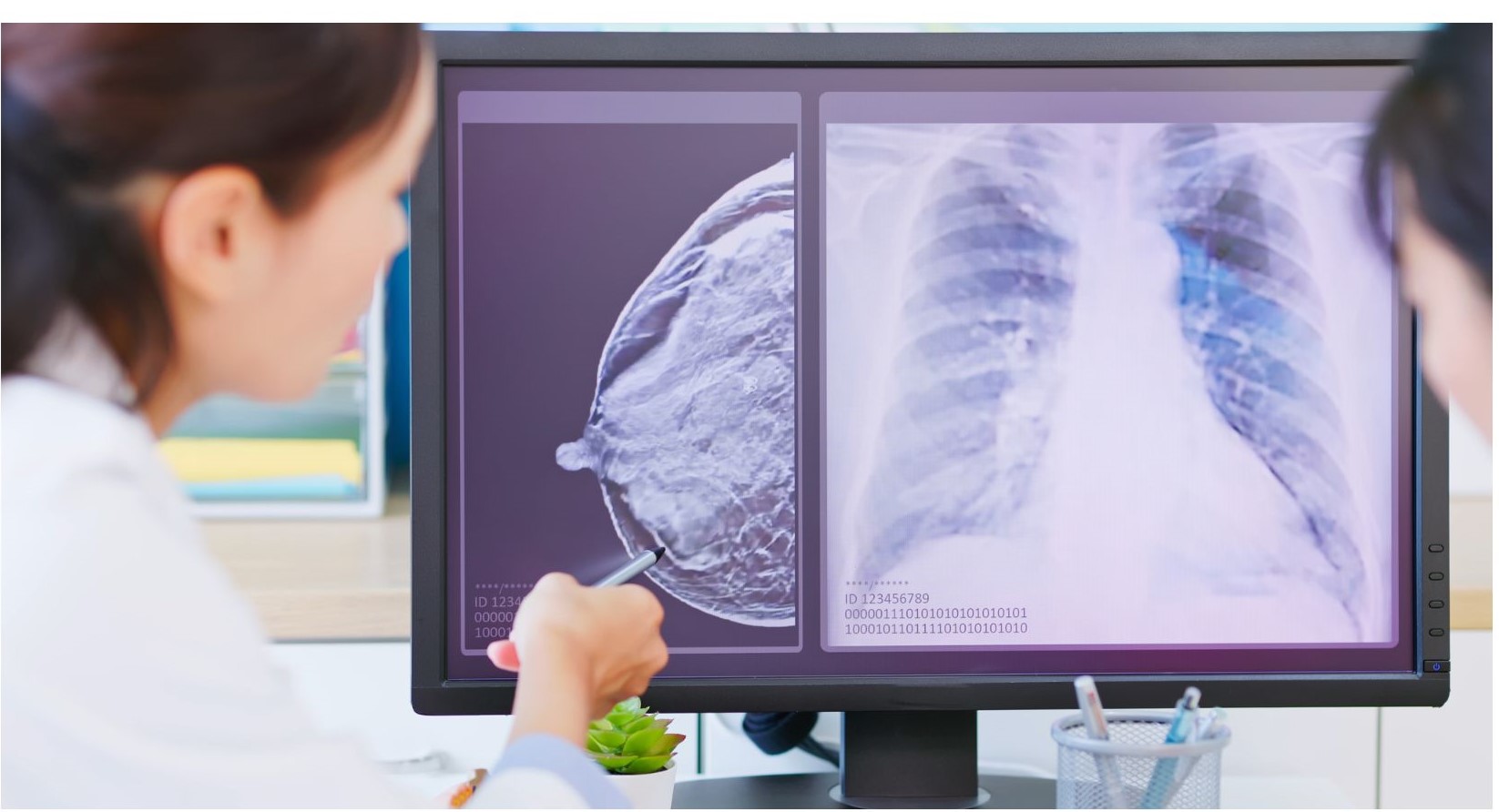Breast cancer remains one of the most common cancers affecting women worldwide. Despite advances in medical research and treatment, the diagnosis and subsequent treatment of breast cancer remains a daunting experience for survivors. While conventional treatments such as surgery, chemotherapy, and radiation are crucial, there’s growing interest in the role of holistic approaches to prevention and treatment.
One area that’s gaining attention is the gut microbiome and its potential impact on breast cancer. The microbiome—composed of trillions of microorganisms residing primarily in the gut—plays a pivotal role in overall health. Researchers are exploring how a diverse and robust intestinal flora might be a key player in breast cancer prevention and even treatment.
The Microbiome and Breast Cancer
The gut microbiome consists of bacteria, viruses, fungi, and other microorganisms that live in the digestive tract. This microbial community has a significant influence on various bodily functions, including immune response, hormone regulation, and inflammation control. When the microbiome is balanced and diverse, it can contribute to better health throughout your whole body.
In one study, researchers state clearly that the gut microbiome “should be the first thing to be targeted during breast cancer treatment or even prevention” because there is a marked difference in the types of bacteria in healthy breast tissue versus breast tissue where breast cancer cells are found (1).
Other research shows that intestinal microbiota influences clinical outcome and side effects of early breast cancer treatment (2).
Related: Common Hormone Problems That Begin in the Gut
The Link Between Gut Health and Breast Cancer Risk
So far, we know that gut health and a robust microbiome can impact nearly every body system, and that includes the mechanisms that drive breast cancer development, as well as how the body responds to treatment.

It appears that disruptions in the microbiome—often referred to as dysbiosis—can contribute to the development and progression of breast cancer. This is because certain strains of bacteria can produce toxins and other metabolites that promote inflammation, disrupt hormone balance, and damage DNA, all of which are risk factors for breast cancer (3).
In addition to these direct effects, a compromised microbiome may also weaken the immune system’s ability to identify and eliminate abnormal cells before they become cancerous. Certain bacteria have also been found to promote an environment that favors cancer growth by producing factors that inflict DNA damage (4).
The Microbiome Regulates Estrogen Metabolism & Other Breast Cancer Risk Factors
Healthy estrogen levels are important for women in every single stage of life, but dysbiosis in the gut can lead either to a deficiency or excess of estrogen, possibly leading to a greater risk of disease and certain types of cancer.
The estrogen in your body is processed by bacteria in the gut, which we call the estrobolome. The estrobolome includes estrogen, estrogen metabolites, enzymes, and your gut microbiome. The gut microbiota metabolizes estrogen to prevent it from recirculating in the blood and increasing the risk for estrogen-sensitive cancers. So the estrobolome is a key part in ridding the body of harmful excess estrogen.
And surprisingly, breast tissue itself is not sterile, like once thought. Researchers found that women with breast cancer had more Bacillus, Enterobacteriaceae, Staphylococcus, and Escherichia coli (a member of the Enterobacteriaceae family) and Staphylococcus epidermidis compared to healthy breast tissue (5).
Read: The Gut-Healthy Menopause Remedy All Women Should Try
Targeting the Gut Microbiome for Breast Cancer Prevention
Given the microbiome’s influence on breast cancer, targeting gut health could be a promising strategy for prevention. Maintaining a healthy and diverse microbiome can lower inflammation and bolster immune function, thereby reducing cancer risk (6).
Excitingly, another study has confirmed that probiotics—beneficial bacteria—can help prevent the growth and genesis of breast cancer (7). Probiotics have been found to inhibit the growth of harmful bacteria, potentially reducing the production of cancer-promoting metabolites. They may also improve estrogen metabolism, decrease inflammation, and enhance immune function in breast tissue.
Maintaining a Healthy Gut Microbiome
In order to support a healthy gut microbiome and minimize the risk of breast cancer, it is important to focus on overall gut health. Some strategies for achieving this include:
- Eating a diverse range of plant-based foods: Consuming a variety of fruits, vegetables, whole grains, and legumes can increase the diversity of beneficial bacteria in the gut.
- Avoiding excessive use of antibiotics: Antibiotics not only kill harmful bacteria but also beneficial ones. It is important to only use antibiotics when necessary and supplement with probiotics afterwards.
- Managing stress levels: Chronic stress has been linked to changes in the gut microbiome. Practicing stress-reducing techniques such as meditation or yoga may help maintain a healthy balance of bacteria in the gut.
- Limiting processed and sugary foods: These types of food can promote the growth of harmful bacteria in the gut, leading to inflammation and potential cancer risk.
Related: 3 Surprisingly Simple Ways to Cut Breast Cancer Risk
Probiotics, Prebiotics, and Postbiotics in Gut Health

Probiotics are live beneficial bacteria that can support a healthy gut microbiome. Prebiotics are non-digestible fibers that feed these bacteria, helping them thrive. Postbiotics are the metabolic byproducts of probiotics, like short-chain fatty acids, and they also offer a diverse array of health benefits.
Incorporating a combination of probiotics (through supplements or fermented foods), prebiotics, and postbiotics can enhance gut health and potentially reduce breast cancer risk.
New Microbiome-Based Therapies
The field of microbiome research is rapidly evolving, with scientists exploring innovative therapies to harness the microbiome’s potential. One promising area is the use of fecal microbiota transplants (FMT), which involve transferring gut bacteria from a healthy donor to a patient with dysbiosis. While FMT is still under investigation, early results suggest it could have applications in cancer treatment.
Personalized Microbiome-Based Treatments
The concept of personalized medicine is making its way into microbiome health. By analyzing your unique microbiome composition, you and your holistic practitioner can develop targeted treatments that address specific microbial imbalances. Personalized microbiome-based therapies hold the potential to promote overall health and reduce the risk of disease.
What to Remember
Taking care of your gut is not just about preventing breast cancer—it’s about nurturing your entire body. A healthy gut microbiome has far-reaching effects on overall health, including digestion, immunity, and mood. By nourishing and protecting your gut now, you can reduce your risk of hormone-related cancers and other chronic diseases that appear to have root in gut dysbiosis.


